There is a popular saying from our people that goes, “The road will test a horse’s endurance just as time will test a person.” As actors, directors, producers, or playwrights from the Laotian diaspora who work in US theatre, we’ve been tested by time and the accouterments that come along with it: lack of resources, racist structures, cultural ventriloquism, gatekeeping, invisibility. On the brighter side of time, there is also community, altruistic giving, creation, relationship-building, rest, reconnection. As former refugees ourselves and/or the children of refugees, we are constantly trying to navigate our place in the United States as we are essentially arrivers in a settler-colonial structure.
The following conversation among Samson Syharath (managing artistic director at Theater Diaspora), Kaysone Syonesa (co-director of the SEAD (Southeast Asian Diaspora) Project), Lidet Viravong (actor seen in Disney’s Pirates of the Caribbean: At World’s End and TeAda Productions’ Refugee Nation), Ova Saopeng (co-founder and associate director of TeAda Productions), and Saymoukda Duangphouxay Vongsay (Mellon Foundation Playwright-in-Residence at Theater Mu) was recorded over Zoom on 6 November 2022. It has been edited for length, clarity, joy, and realness.
Your motherland is Laos, but you weren’t born there; you were born in a refugee camp or somewhere else. You’re connected to her through language, food, music, song, and stories.
Saymoukda Duangphouxay Vongsay: How did you each get introduced and invited into American theatre?
Ova Saopeng: I began doing theatre—and I call that American theatre because it is. I mean, we’re in America in Hawaii—in the eighth grade when T-Shirt Theatre came to our middle school and did a performance. The directors, George Conn and Walt Dulaney, who are my mentors to this day, had me do things that were kind of strange and weird like saying things in different emotions. That process opened my eyes to my talents and my abilities. The empowering thing was that it showed me the ability that I had to be able to impact others.
Samson Syharath: I did some theatre in high school, but when I went to college, I couldn’t figure out what I wanted to do. Finally, I was in a theatre class and got cast in a devised play. We took it to regionals at the Kennedy Center American College Theater Festival and moved on to state and then got national awards. When we did that show—kind of like Ova said—being able to really affect people, that’s what got me.
Kaysone Syonesa: I grew up watching Thai dramas. I got intrigued by the acting. I started dipping into some film just to try out small parts in the late nineties. And then I went to the University of Minnesota for journalism and decided to minor in theatre to dip my foot in acting. But I kind of fell in love with it. I thought I wanted to tell stories through journalism, but I actually wanted to tell stories through theatre. In the theatre scene in the early 2000s, anything representing our community was nonexistent. So I did little shows at community-based theatres because that’s where I felt most at home. Rick Shiomi from Theater Mu came a show and was like, “I’m looking for some Asian actors for class. When do you want to come audition?” He took my number down, and then back in Northeast I went to meet him in the basement of some warehouse. He was like, “Go ahead, do your monologue.” When I was done, he asked, “When can you start?” The funny thing is I never really connected with him after that, but my journey has always been different. When I graduated, I left for Sydney, Australia. When I came back, I was yearning again to do some more theatre and came right back in.

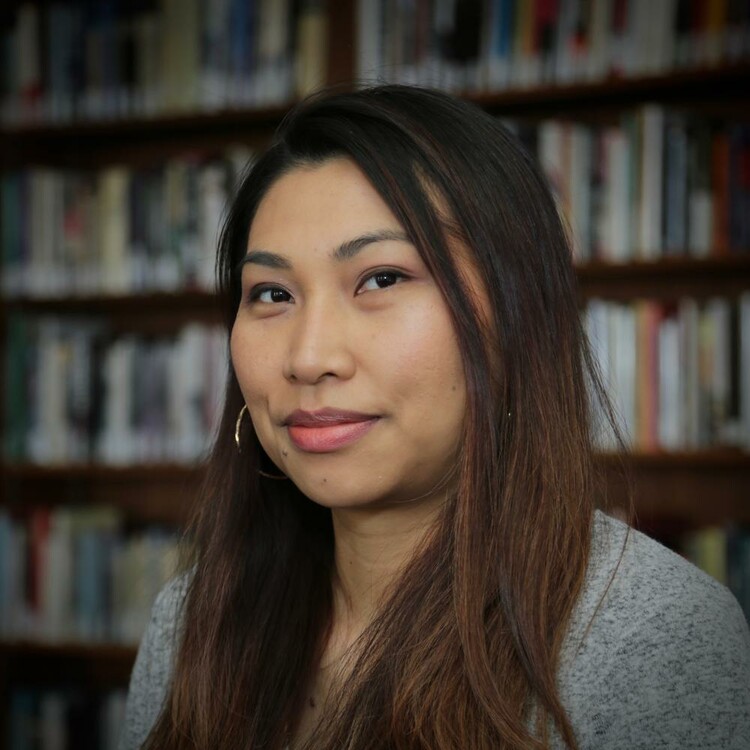
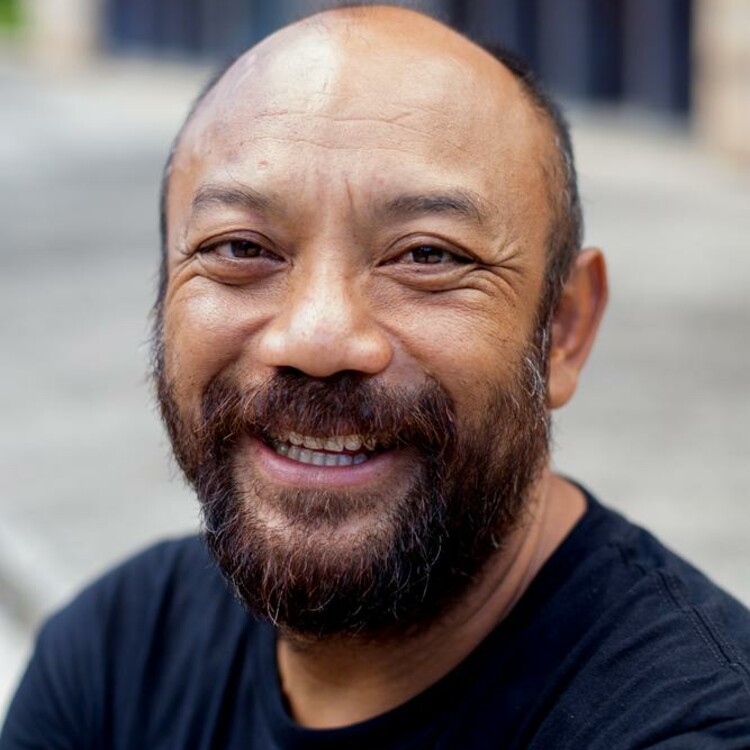
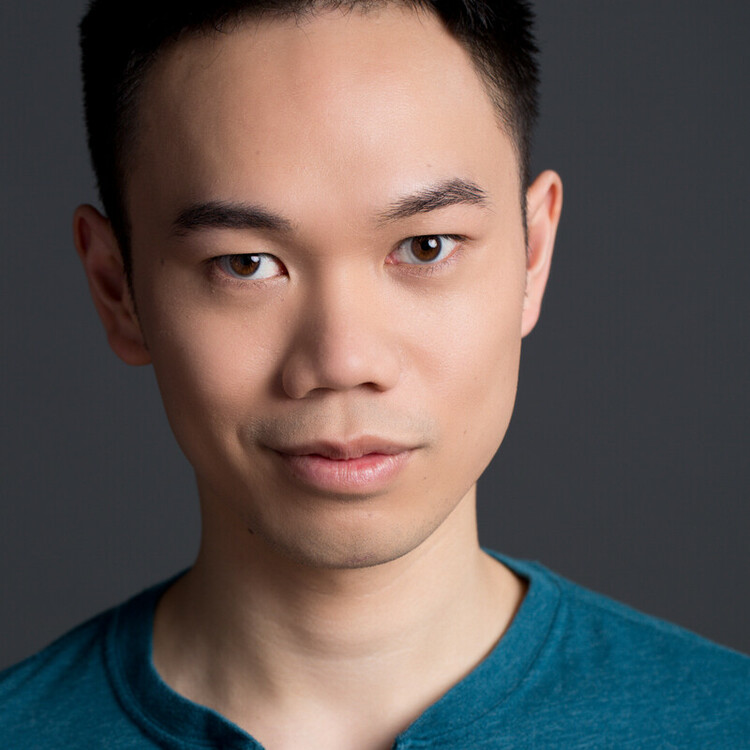
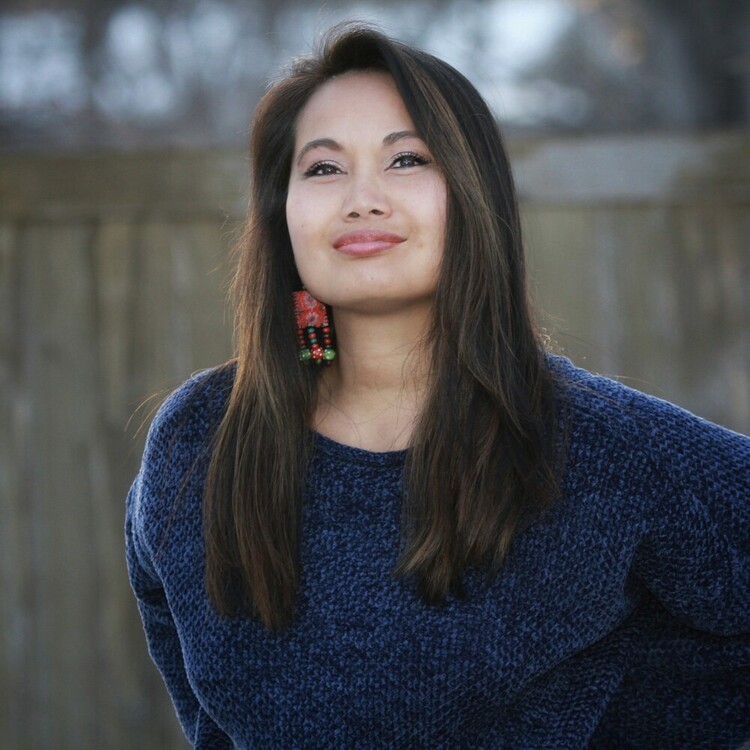
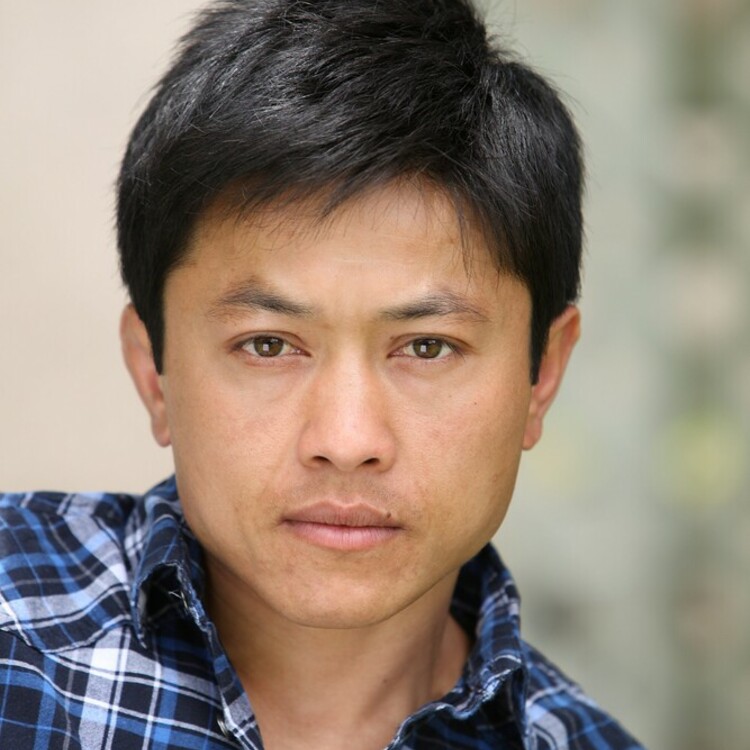
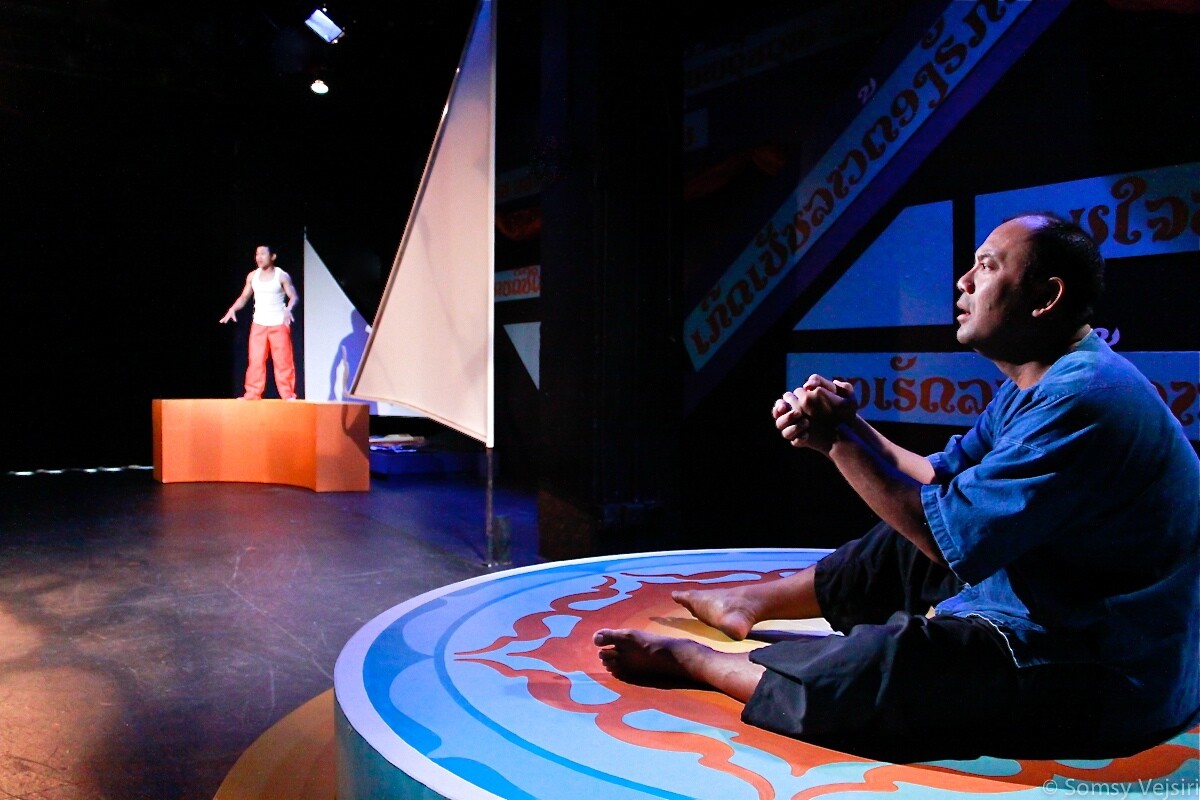
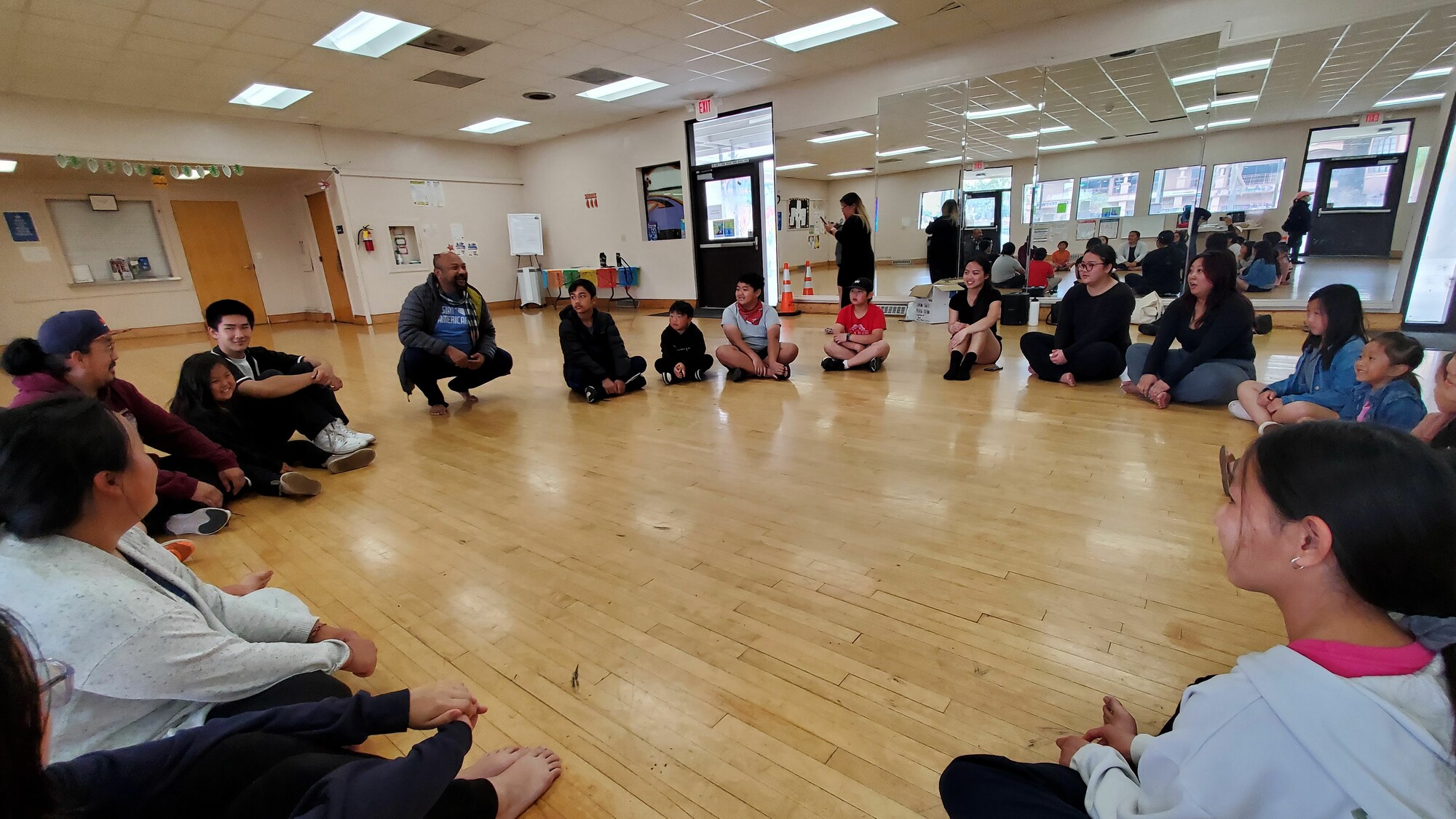
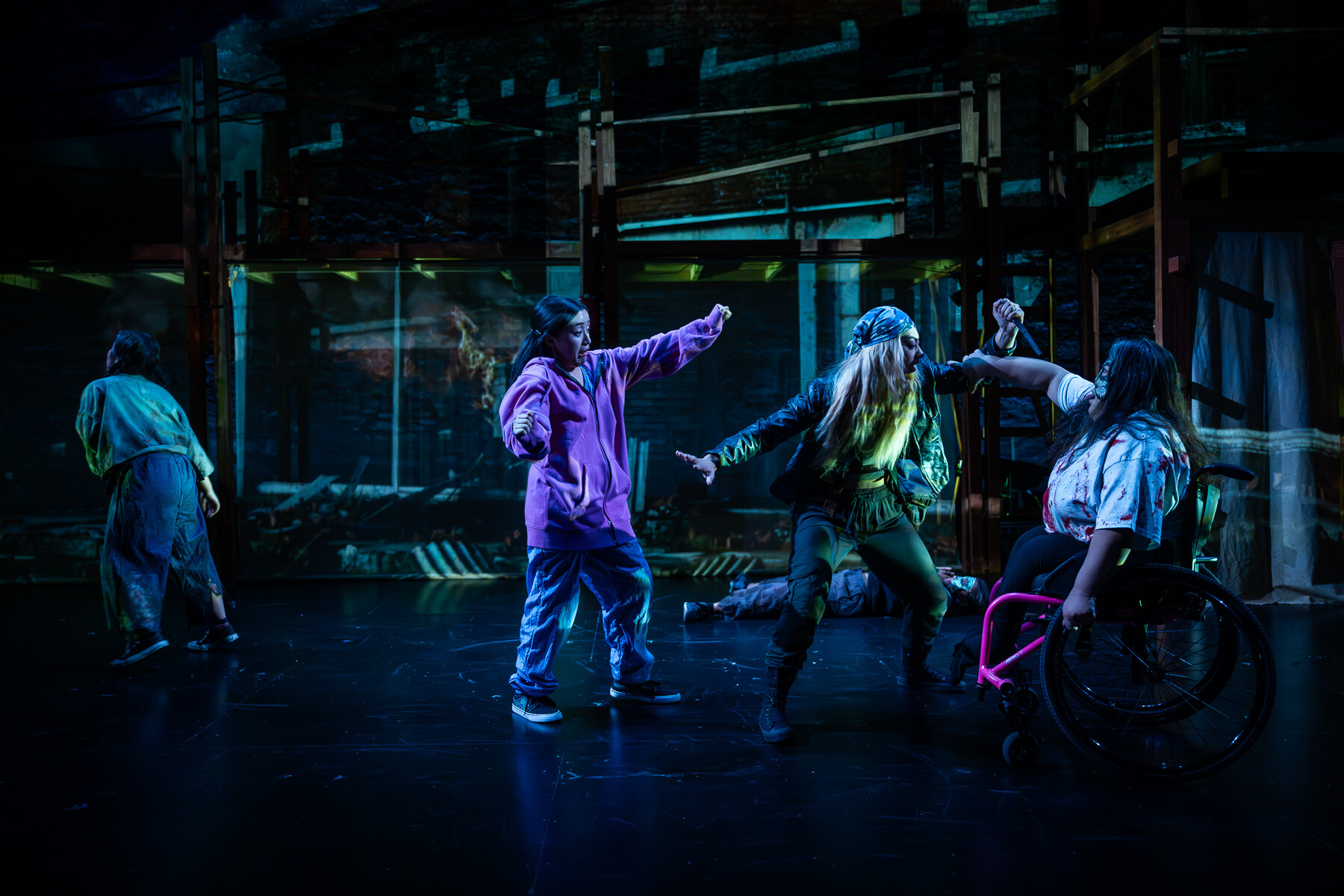
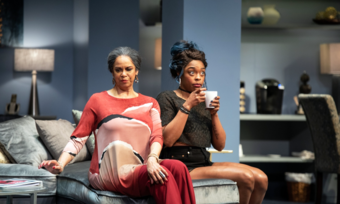


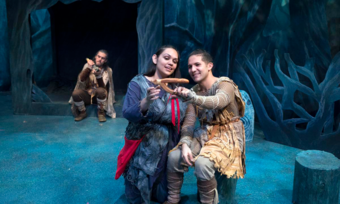
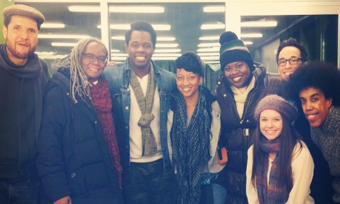


Comments
The article is just the start of the conversation—we want to know what you think about this subject, too! HowlRound is a space for knowledge-sharing, and we welcome spirited, thoughtful, and on-topic dialogue. Find our full comments policy here